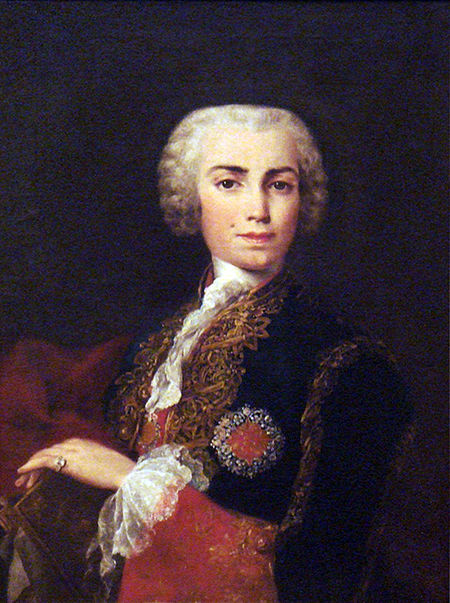Farinelli's real name was Carlo Broschi. After the unexpected death of his father in 1717, out of fear for losing the family's wealth and good standing, it was supposedly Broschi's brother Riccardo who spear headed the decision to castrate Broschi in hopes of ensuring the family's economical and social standing. Farinelli (Broschi's stage name) quickly became recognized for his musical abilities, performing several locations in Europe including Venice, London and eventually Spain (as a court/chamber musician performing private sessions as music therapy for King Philip V's depression). (source)
The concept of performing castration for the means of musical entertainment (or reaching a sense of "perfection" musically) isn't exactly the most comfortable topic to discuss or even imagine. To get a sense of what it might have been like to actually hear a live performance of a castrato, one could turn to today's male soprano countertenors such as Philippe Jaroussky. While a developed falsetto isn't exactly the same as a real castrato its a more desirable alternative... at least for the performer I'd say!


No comments:
Post a Comment